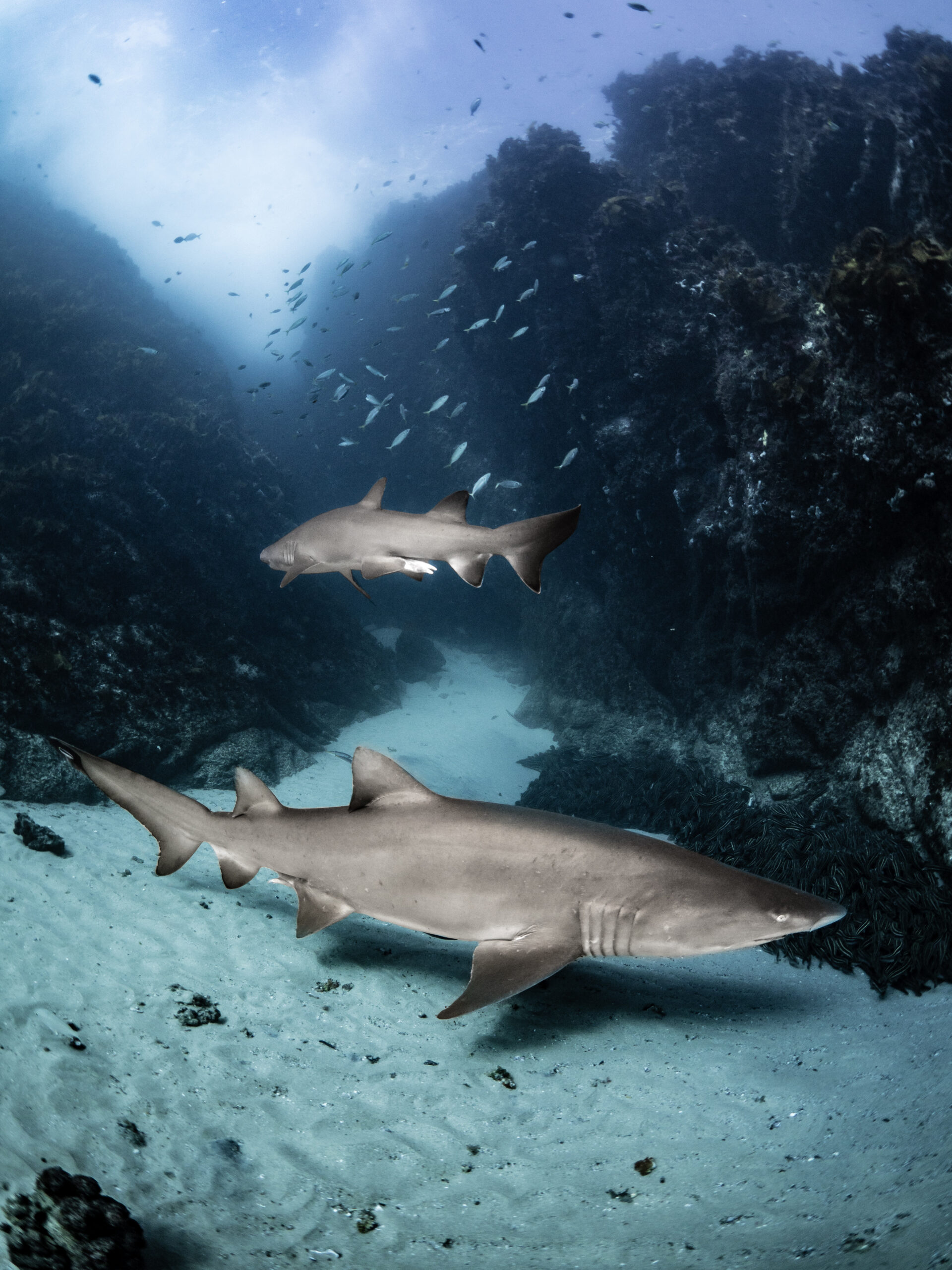SYDNEY (October 2, 2025)―Humane World for Animals Australia is honouring the life and legacy of Dr Jane Goodall DBE, founder of the Jane Goodall Institute and U.N. Messenger of Peace. The primatologist’s name became synonymous with conservation and animal protection due to her contributions to improving the lives of animals, including...
There are hopeful developments from the United Nations Headquarters in New York where HSI’s consultant, Alistair Graham, has been attending the first round of negotiations for a new oceans treaty for conserving and sustainably using the marine biodiversity of the high seas. Alistair is the nominee of Australian conservation groups on the Australian government delegation to the talks.
Recent research has shown that only 13% of the world’s oceans are free from high impact human activities such as fishing.[1] Given that more than half of the planet lies beyond the national jurisdiction of individual countries, a new treaty for protecting biodiversity on the high seas, including agreeing and establishing marine protected areas is a critical next step that HSI has long been supportive of.
It’s been a long journey to get to this point, with governments first turning their thoughts to this in 2004. In 2017 there was a breakthrough, with the UN General Assembly agreeing to develop a new, legally binding agreement for biodiversity on the high seas.
The first meeting to discuss what a new high seas agreement should look like has just finished in New York – with agreement for the President of the conference to go away and prepare text of potential treaty language with options reflecting positions put by countries in the negotiations. Two more meetings are planned for next year and, with luck and hard lobbying, there will be a draft treaty taking shape next year and an adoption of agreed treaty text in 2020.
The good news is that all countries taking part in the negotiations agreed to this way of moving forward towards a high seas biodiversity treaty. Some countries, especially those with strong fisheries interests (like Iceland, Russia, Korea, Japan, Norway and the US) had been reluctant to see a new agreement that might have oversight of their sectoral management arrangements (regional fisheries management organisations (RFMOs). But sustained efforts by a strong coalition between the European Union (EU) and developing countries, supported by environmental groups, has persuaded even the most reluctant countries that it’s better to be inside the conservation tent than outside. This is a notable negotiating achievement and bodes well for further negotiations next year when the substantive content of the agreement will have to be hammered out.
What about back home within Australian jurisdiction?
We need to start thinking now about how to ensure the long-term conservation of Australia’s vast marine Exclusive Economic Zone, which makes up almost 4% of the world’s oceans.
It is essential that whilst these international talks are underway, that Australia turns its mind to what we need to do to better coordinate concerted action to deal with all the ever more complex and severe threats to our oceans and the habitats and species they sustain. This needs to be done not only to ensure Australia plays a strong conservation role in negotiations for the new treaty but also to ensure we do the best we can at home.
The current approach, of management by sector, is piecemeal and uncoordinated. As a result it is failing to protect our marine biodiversity, to build resilience in the face of stressors like climate change and to ensure we can all benefit from healthy coasts and oceans for generations to come.
There has been a failure of Australia’s Oceans policy due to institutional incoherence, decay, lack of enforceability and failure to galvanise active participation of all sectors and jurisdictions. HSI believes there is a need for all relevant sectors and jurisdictions to be engaged and coordinated under a shared vision, expanding the traditional list of sectors for example to include land-based sources of marine pollution, like plastics producers.
Australia needs to do better to protect its ocean environment. We need strong national leadership through an Oceans Authority reporting to the Prime Minister and clear oversight legislation, in the form of an Oceans Act. This would set the framework for achieving the comprehensive protection required.
Our latest report ‘Integrated oceans management in Australia – more than just fish and ships: The case for an Oceans Act’ which we are launching today aims to do just that.
We hope that this report, written by EDO NSW for Humane Society International will form a useful and important contribution, and we will be continuing to advocate for the reform of our oceans laws in the run up to the Federal election in 2019 and beyond.
[1] https://theconversation.com/new-map-shows-that-only-13-of-the-oceans-are-still-truly-wild-100820 Accessed 11th September 2018
Blog image: HSI has launched a report setting out the case for an Oceans Act. Image: iStock.com/Huw Thomas



